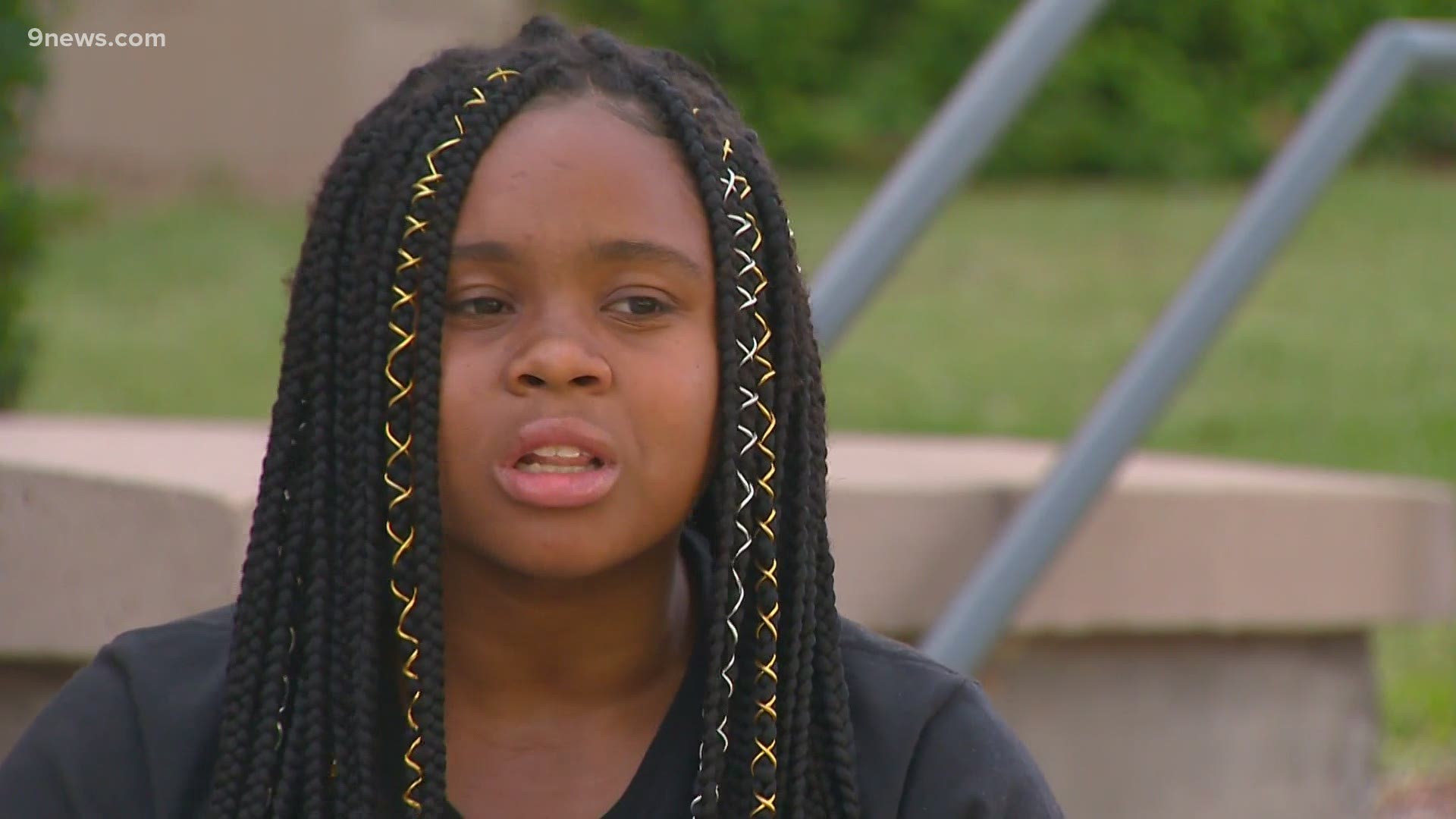DENVER — For people so young, they have a lot of personal experience with racism.
They're too young to vote and half aren't even old enough to drive, but these four Colorado teenagers are weary from racial injustice.
"At school, I can be seen as one thing. And in the real world, I could be seen as something else," said 17-year-old Ashira Campbell. "It just depends on the person's mindset. It really does."
Ashira is one of the four Colorado public junior high and high school students who sat down with 9NEWS to talk about the ways race has impacted their lives.
"Sometimes, I would struggle with my hair," recalled the long-locked teenager. "Just my overall appearance."

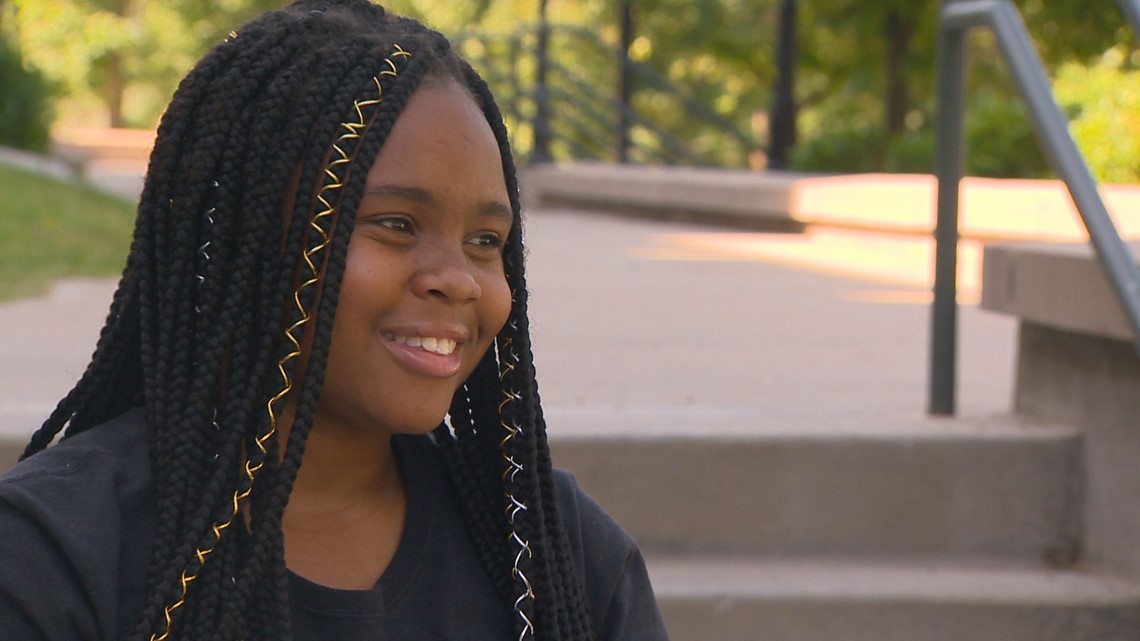
Today, Ashira is proud to be the beautiful, brown young woman she is. But she believes her insecurities were the product of a much larger system of oppression. It's one reason the DSST: Byers High School senior is so passionate about sharing her pride and elevating her community.
"I want to see more people that look like me. I want to see more people of color in general," she said. "This America wasn't built for us to succeed. But I'm going to change that. I am going to succeed and other individuals are going to succeed as well."

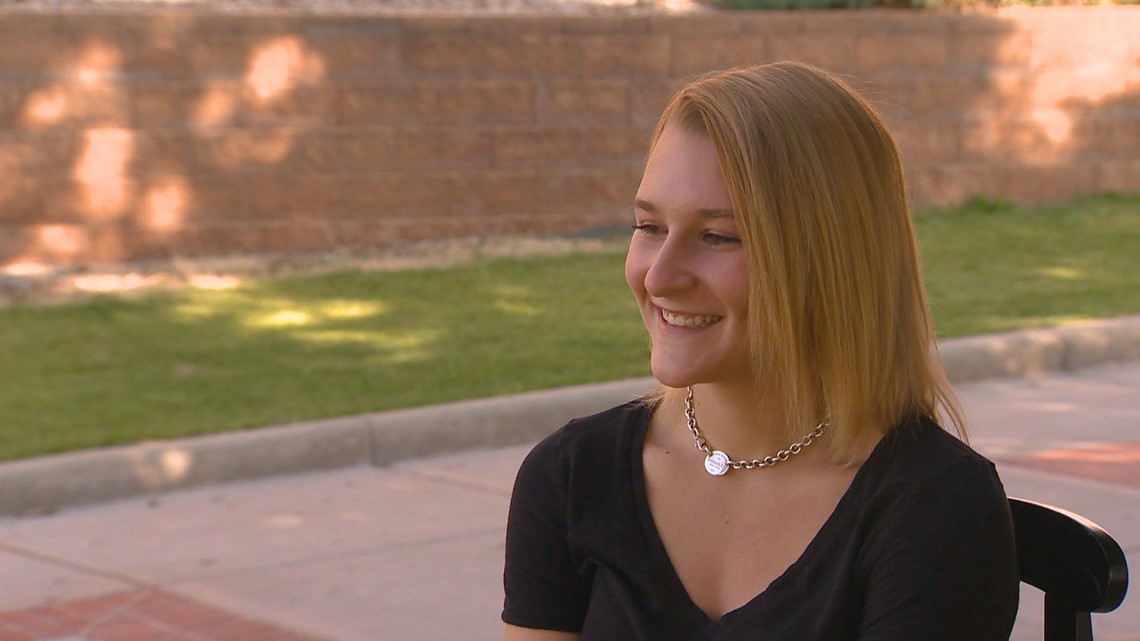
Nina Petros, 16, is a Cherry Creek High School junior who, when asked, described herself as a blond-haired, green-eyed "average teenager."
She said she knows her look has kept her from experiencing the exact same insecurities as Ashira, but as a young woman pursuing a career in the military, she does understand how it feels to be prejudged.
"I don't know the struggle that some Black and Brown people go through," Nina said. "If I wasn't White, I feel like people's impressions might not be the same."
But Nina, like Ashira, doesn't see race that way herself.
"In my perfect world, your skin color wouldn't matter to anyone. I grew up being taught that your skin tone doesn't matter," Nina said. "That's just the way you look. And that doesn't tell you much."
Noticing race is not offensive, but these teens don't want to be defined by it. That's how 13-year-old Amari Jones put it.

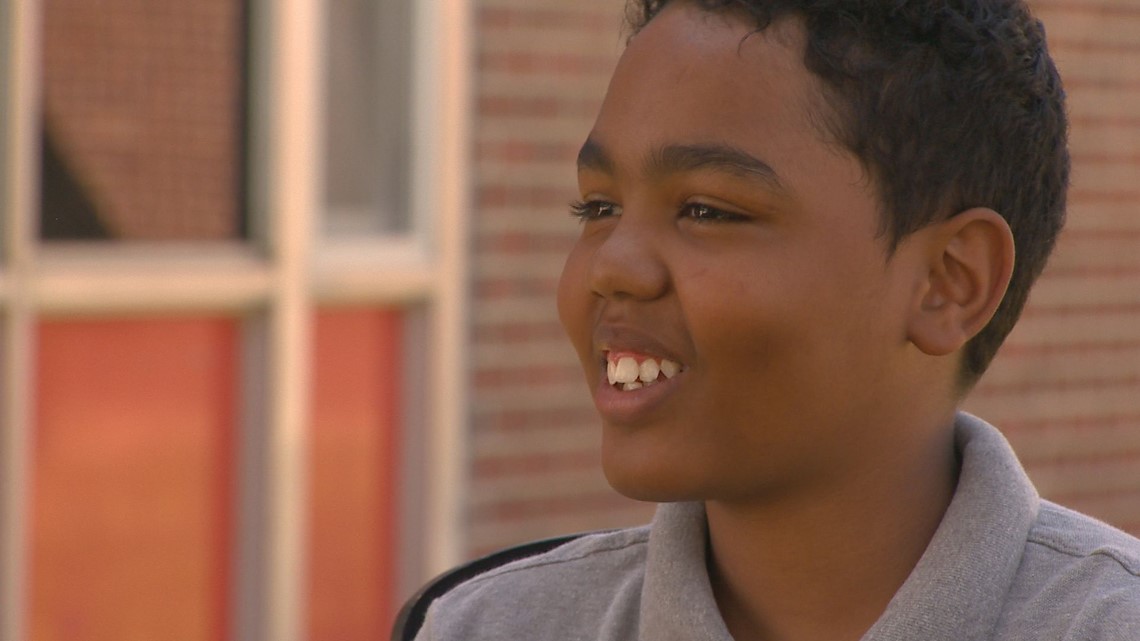
"I just don't know why people treat other people differently for their race," said the eighth-grade student. "We're all humans, we're all the same. We should treat each other the same, too."
The youngest of the group, Amari attends East Middle School in Aurora. Next year, he would have joined his big brother in high school, but one product of oppression is violence and that's how Amari's brother lost his life last year in Denver.
"I never really thought about it when it happened to other families," Amari said. "But when it happened to me, I started realizing, this is wrong. Why do people treat other people like this?"
At just 13, Amari has already suffered the consequences of racism. But he, like the other teens, has a very difficult time understanding the prejudices against them.
"I don't focus on race," Amari said. "But I do care about it. I do care how people get treated, which is unfairly just because of their skin tone."

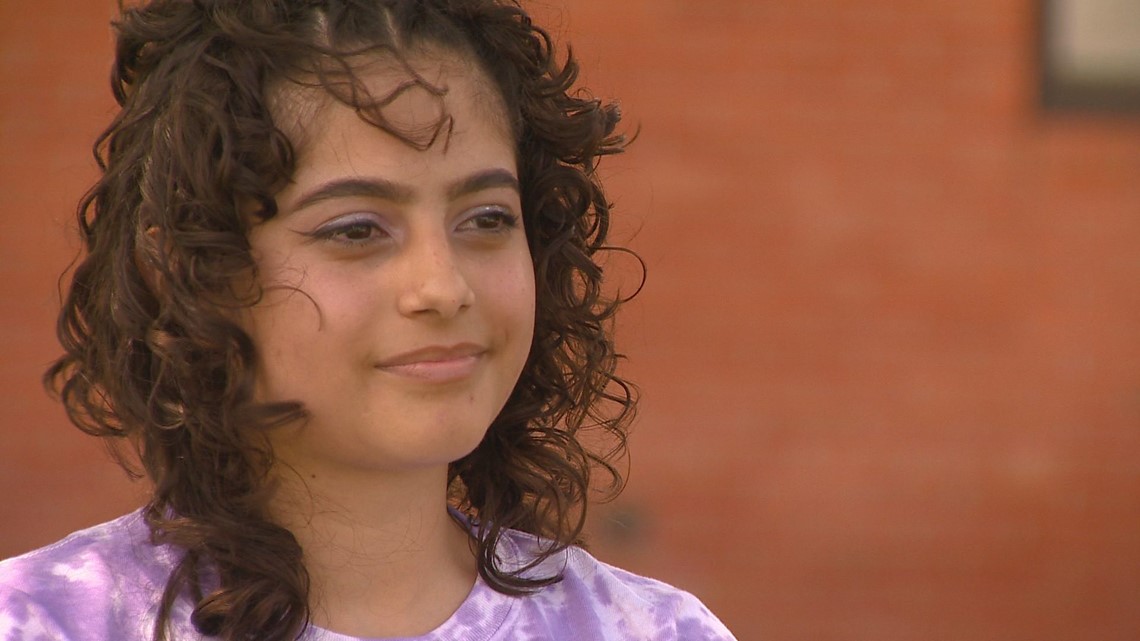
For 17-year-old Frida Valdez, it's not the tone of her skin, but the tone of her voice that she said prompts racism.
"I was born in Mexico, and so were my parents," said the bilingual Soar Academy senior. "I came to the United States when I was almost four years old."
Frida has spent the majority of her life in the U.S. and after thirteen years here, she will become the first high school graduate in her family in the spring.
"In school, the opportunities for me are less than someone born here," she said.
A lack of access to educational resources is another issue the student said keeps people of color like them from ever getting ahead. Until the systems of oppression unlock the doors of opportunity, Frida plans to pursue her college degree and help afford the education of her young siblings.

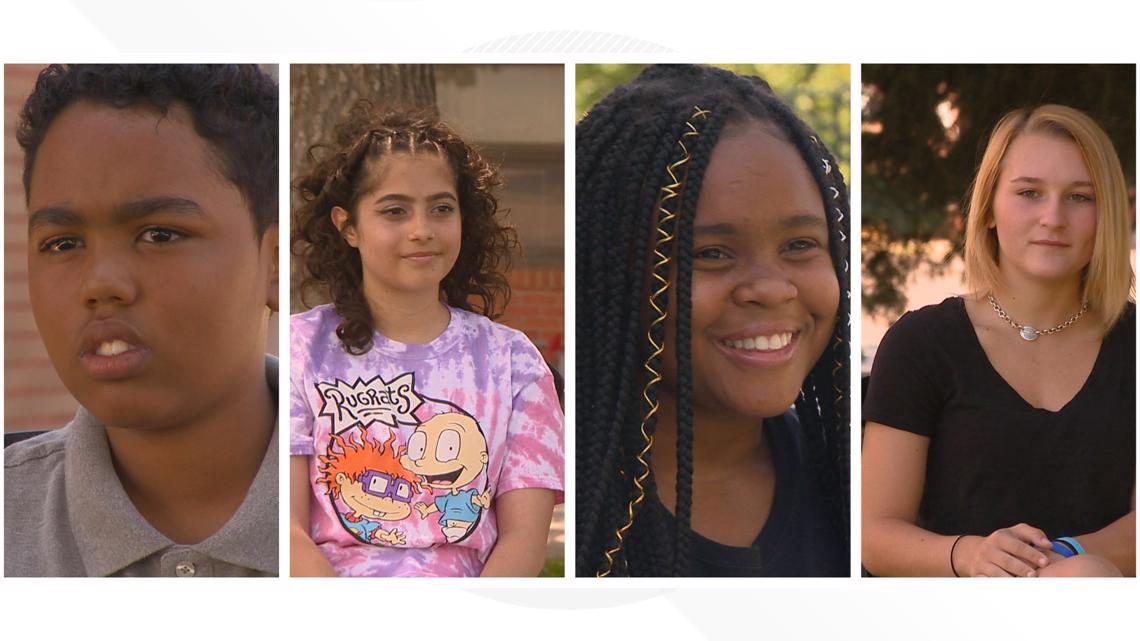
For people so young, these four Colorado teenagers have a lot of personal experience with racism, and they're using that to make changes for the generations ahead.
"Use your voice," Ashira said. "If I was in elementary school, I would tell myself that. I would say, you're beautiful. Remember that. And I would say, you are strong."
RELATED: Black-led nonprofit organizations are elevating Montbello and asking the community to join them
SUGGESTED VIDEOS: Voices of Change

